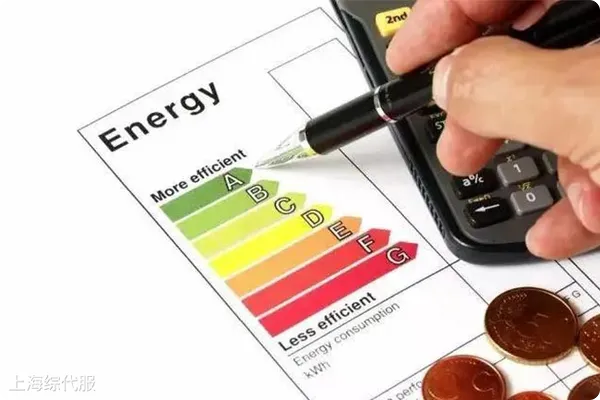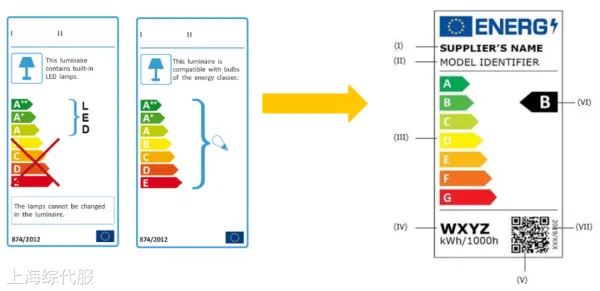The European Union recently issued two important bills aimed at improving the eco-design and energy efficiency of mobile phones and tablets. These two bills not only put forward new requirements for manufacturers, but also provide consumers with more information about the products.
I. Ecodesign Directive (EU) 2023/1670
The bill primarily regulates energy efficiency and information requirements for mobile phones and tablets.

(1) Design for restoration and reuse
(a) Accessory availability:From June 20, 2025, manufacturers, importers or authorized representatives must provide relevant accessories to professional repair personnel until 7 years after the end of sale.
(b) Access to repair and maintenance information:The manufacturer, importer or authorized representative should make the product repair manual publicly available on their free website.
(c) Accessories delivery, pricing, disassembly and reuse instructions:The specific requirements of this part are not listed in detail in the original text, but it is foreseeable that manufacturers will need to provide more detailed and transparent accessory information.
(2) Reliability requirements
(a) Anti-drop design:The product needs to have a certain degree of drop resistance.
(b) Screen scratch resistance:The product screen needs to reach Mohs hardness level 4.
(c) IP44 dust and water resistant design:The product needs to have certain dust and water resistance capabilities.
(d) Battery cycle life:The cycle life of the battery should not be less than 500 times.
(e) Availability of Operating System Upgrades:Products need to undergo relevant system updates within at least 5 years after being put on the market.
(3) Labeling and recycling requirements for plastic parts
From June 20, 2025, plastic parts weighing more than 50g must be labeled with the type of polymer.
II. Energy Efficiency Grade Labelling Regulation (EU) 2023/1669
The bill requires that smartphones and tablets placed on the EU market must carry energy labels from June 20, 2025. These labels should display information such as the product's energy efficiency, battery life, and resistance to dust, water, and accidental falls.

The EU passed these two bills to improve the battery life and availability of components for mobile phones and tablets, encourage manufacturers to produce more durable and easy-to-repair products, thereby reducing the generation of "electronic waste" and increasing the reuse rate of materials needed to manufacture equipment. For companies exporting to the EU, this undoubtedly adds some production and design challenges, but it also provides them with an opportunity to meet the EU's new requirements through technological innovation and product design improvements, thereby gaining a larger market share in the highly competitive market.


 Follow customer service WeChat
Follow customer service WeChat